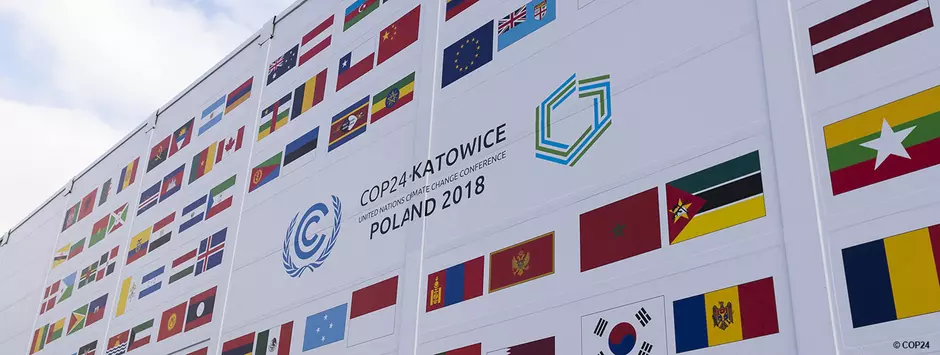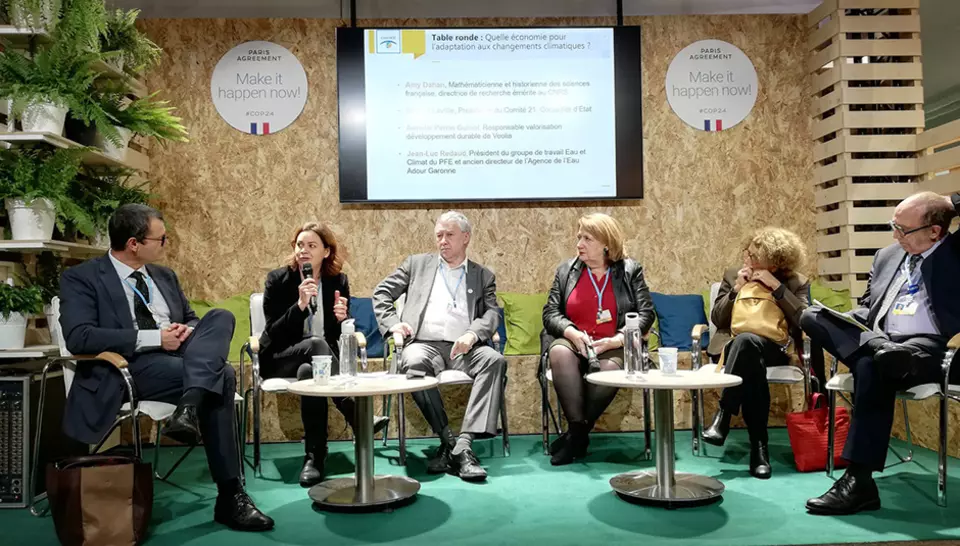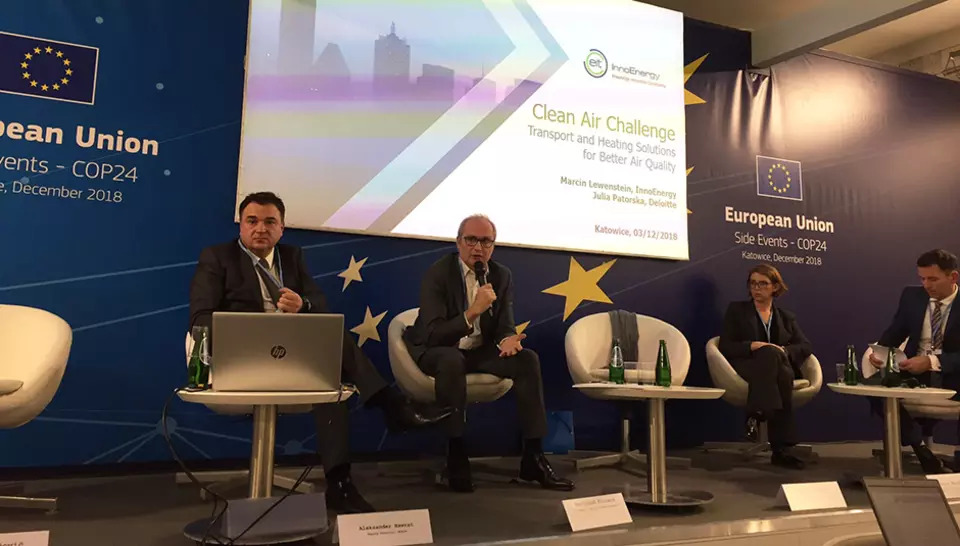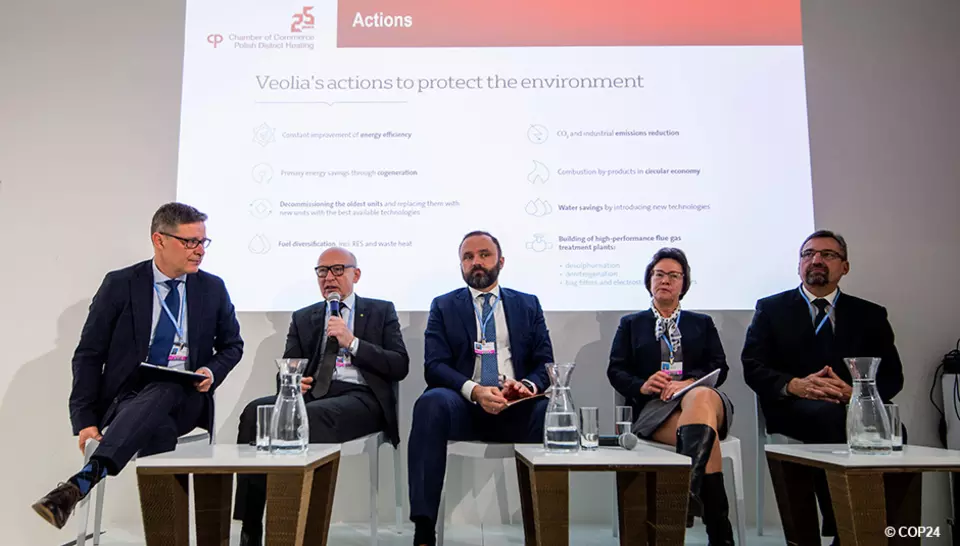
From 2 to 14 December Katowice (Poland) is hosting the 24th Conference of the Parties to the United Nations Framework Convention on Climate Change (UNFCCC), bringing together 30,000 participants from 196 countries. Yesterday Veolia signed the European Climate Foundation call to "Step up Now".
Building a "zero net emission Europe by 2050"
Like Veolia, a large number of major companies, large cities and associations have signed the call to “Step Up Now”, which aims to encourage the European Union (EU) not to lower its climate ambitions. It states that while the EU has made a breakthrough in the transition towards reducing carbon emissions by adopting clear targets, the need to tackle climate change is becoming more urgent every day. It is therefore time to accelerate this action and work together to build a “Europe with net zero emissions by 2050”. A website has been set up with examples illustrating current actions, such as the one in Brunswick in Germany.
The conclusion to the call to Step up Now states that the signatories are "companies, investors, cities and regions that are striving to rapidly and significantly improve energy efficiency and increase the proportion of renewable energy [ ...]. Together, we can rise to the challenge ahead."
"A new territorial economy for adapting to climate change"
During a side-event organized by Comité 21 in France’s pavilion, Veolia talked about one of the pillars in its "climate strategy": contributing to adaptation-related issues by means of solutions that strengthen the resilience of the territories. For example, the "Water Stress" project aims to conduct a diagnosis of 90% of its sites that are subject to major water stress. It is also about building a more forward-looking vision of the territories that goes beyond risk management by analysing vulnerabilities in order to develop resilience. New Orleans is the first city to have a roadmap in this respect through its public private partnership with Swiss Re and Veolia. The Group also offers territories a new form of management by means of a circular economy for their resources that also takes scarcity into account: in Durban in South Africa, for example, Veolia recycles 98% of the city's wastewater to supply local industries. An additional 40,000 m3 of drinking water is therefore available to city residents every day - the equivalent of 13 Olympic swimming pools.
Clean Air Challenge and the circular economy
Patrick Labat, Veolia Senior Executive Vice President Northern Europe Zone and member of the Group's Executive Committee, spoke about air quality issues at the “Clean Air Challenge at COP24” in the EU pavilion. According to the European Commission, the health costs of air pollution caused by road transport and heating are estimated at 2.9% of European GDP. Currently available solutions that reduce this pollution are listed in the Clean Air Challenge report.
In the COP24 Poland pavilion Veolia also participated in a debate about heat networks, which was organized by the Polish Chamber of Commerce for District Heating (IGCP), showing the positive impact for the climate of heat produced from biomass and waste in Poland.
During COP24, a report* drawn up by Veolia with Imperial College London on mitigating greenhouse gas emissions in the United Kingdom was published. It explores energy-saving solutions in the waste and resources sector.
*Report “An exploration of the resource sector’s greenhouse gas emissions in the UK, and its potential to reduce the carbon shortfall in the UK 4th and 5th carbon budgets”
More:
Veolia is committed to climate
Our Climate solutions for cities and industry
Veolia is committed to the planet, read in Let’s talk about Climate!" (20 June 2017)
A resilient city: making cities more resistant to impacts and risks
New Orleans and urban resilience, Planet
“In Brunswick, on the renewable energy battlefront”, Planet
Circular cities: creating local loops to generate local value
Veolia’s commitments to combating climate change
COP24




